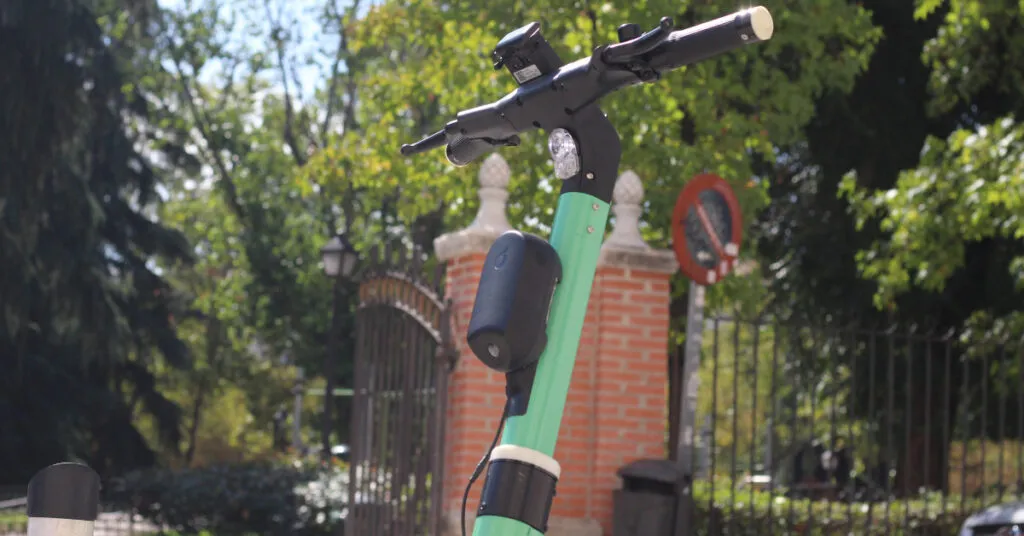
Micromobility provider Bolt is to add Drover's AI-based PathPilot tech to its scooters.
PathPilot enables automated detection, via a camera mounted on the vehicle, of where scooters are parked and whether they are being ridden on pavements, for example.
An AI system continually assesses the video feed to establish that riders are behaving responsibly; if they are not, an audible alert is designed to get riders off the pavement and to warn pedestrians.
Bolt says it tested PathPilot in several European cities in 2022 and it "proved to be up to 95% accurate in differentiating between pavements, bike lanes, and roadways".
"Adding PathPilot to Bolt scooters is an important step in improving overall road safety by helping protect riders and other road users," the company adds.
"And given that the most vulnerable road users are predominantly on pavements, PathPilot will help ensure that the growing popularity of shared scooters doesn’t raise safety risks for those who most need pavements to be clear of potential hazards."
Drover's Scott Shepherd says: "The partnership helps to comply with local regulations and encourage safe riding habits. Drover looks forward to working with European cities and municipalities to strengthen public policy and ensure safer streets and public spaces."









